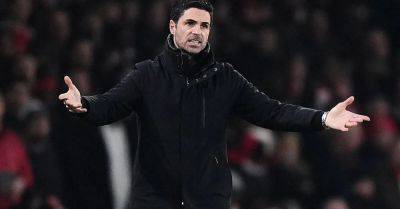Champions League delivering for UEFA and big clubs
Wednesday night represents the culmination of UEFA's grand plan to reshape the Champions League as 36 teams all kick-off at once on the final day of the league phase.
With 18 matches taking place simultaneously, there’s still a surprising amount to be decided in a format that was designed to be a sop to the giants of European football, offering them higher profile glamour ties earlier in the competition.
So has it been a success? That depends on who you’re asking.
Going into the final day 27 of the 36 teams involved have something to play for, be that deciding who tops the table between Liverpool or Barcelona or whether or not 27th-placed Shakhtar Donetsk can complete a mathematical miracle and sneak inside the cut-off point of 24.
Critics of the current model, which is going to stay in situ until at least 2027, will point to the lack of real jeopardy for the bigger clubs.
Sure rival fans have all enjoyed Manchester City hitting the skids this season but a final day win over Club Brugge at the Etihad will still be enough to see them progress to the knockout phase.
Had City endured the kind of campaign that they’ve been through under the previous four-team group format, things would most likely be very different.
Likewise Paris St-Germain will secure their place in the play-offs with a draw against Stuttgart, assuming of course that Dinamo Zagreb don’t manage to beat AC Milan 11-0.
It’s by design that the big guns have been able to weather disastrous spells and still come out the other side with knockout football to look forward to.
The smaller, less glamourous sides will have been weeded out and we’ll end up with a final 24 teams with a super league gloss on them. Indeed of the 12 founding members of the proposed European Super








